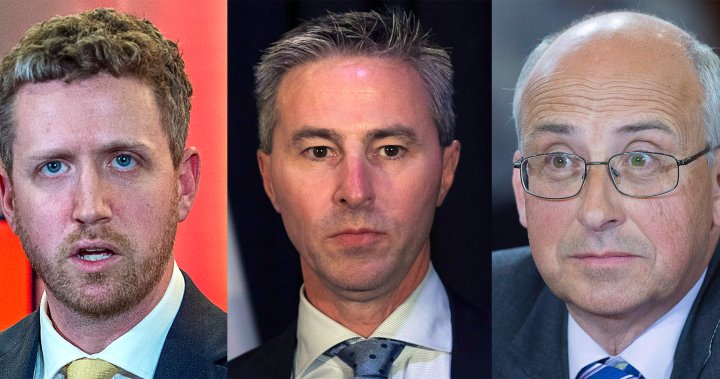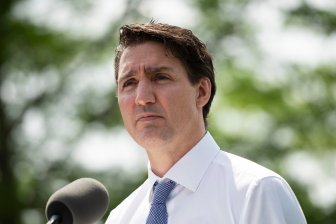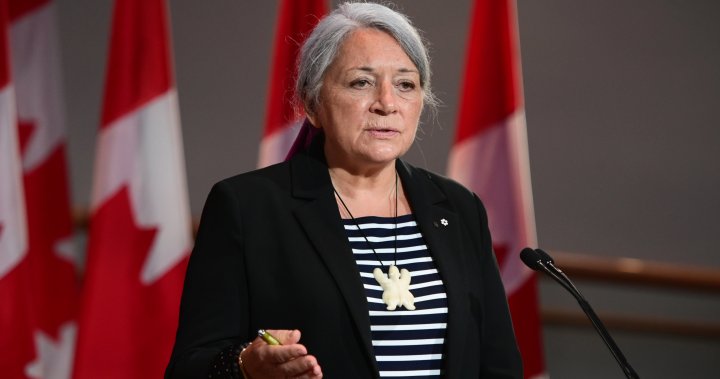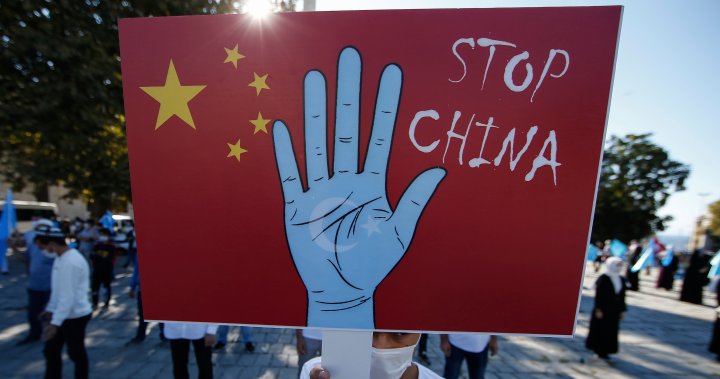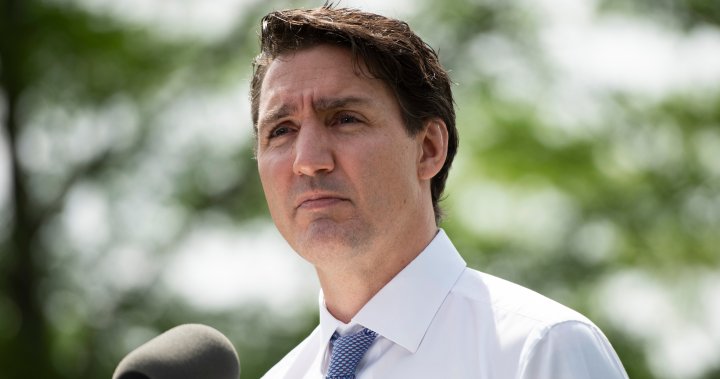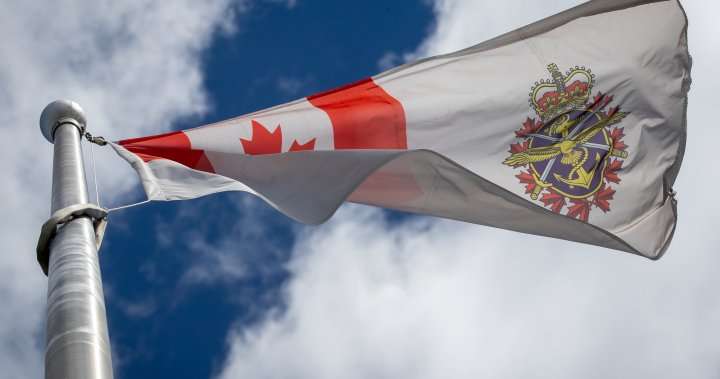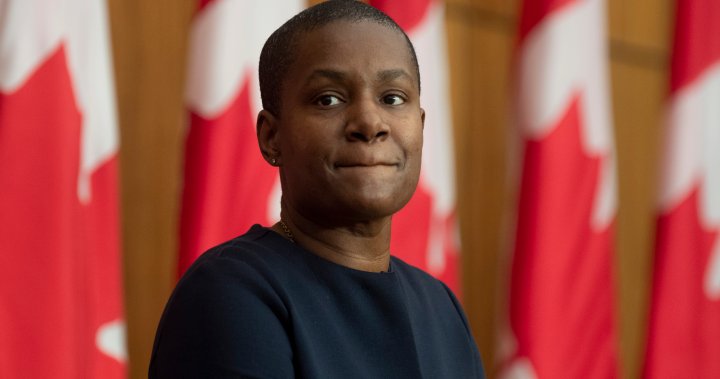Elections Nova Scotia officials held a technical briefing for journalists on Monday to explain how the next provincial general election in that province will work.
And just about the first thing provincial chief elections officer Richard Temporale told reporters at that briefing was that neither he nor anyone at his agency has any knowledge of when the writ will drop for Nova Scotia’s 41st provincial general election.
Fair enough.
But just about everyone else in Nova Scotia is expecting Premier Iain Rankin to put his province on the hustings by the end of the week.
And even if Rankin waits a bit longer than that, his decision is almost certain to have an impact on any decision Prime Minister Justin Trudeau might make about the timing of the country’s 44th general election.
Trudeau and Rankin teamed up for a virtual press conference Tuesday — Trudeau was in Ottawa; Rankin was in Halifax — to announce that Nova Scotia had signed on to the federal government’s child-care plan.
Read more:
Nova Scotia ‘poised for an election very soon,’ says one expert
For Rankin, who became premier in February after winning the race to succeed Stephen McNeil as leader of the Nova Scotia Liberal Party, the federal-provincial child-care deal is the first major accomplishment for his government, one that will surely give him a political boost among Nova Scotia parents eager to lower their daycare bills. (Rankin, himself, will become a dad this fall, he noted at Tuesday’s press conference.)
But when will Rankin drop the writ and why is that important to federal politics watchers?
Rankin himself has been coy about committing one way or the other.
“I’m going to continue to move forward as we govern this province,” Rankin said Tuesday as a reporter tried to get him to tip his hand about an election.
And both Trudeau and Rankin — leaders of Liberal parties that are very close to each other — said Tuesday they have not discussed timing of the Nova Scotia general election.
“The issue of elections has not been something that we’ve talked about,” Trudeau told reporters. “Our focus remains on delivering for people, delivering for Canadians, delivering for Nova Scotia by working together.”
Nova Scotia, for what it’s worth, has no fixed-date election law so Rankin is free to drop the writ when he wants, though he must make the call by next spring.
But consider the circumstantial evidence for that call to come any day now: In addition to that techcnial briefing Monday from Elections Nova Scotia, which just happened to have happened this week, Nova Scotia will further ease public health rules as of 8 a.m. on Wednesday morning. The new public health regime will immediately allow for gatherings the size of, say, a moderate political rally.
Now the rules in Nova Scotia for an election campaign are, first, the vote will be held on a Tuesday and, second, the campaign must be at least 30 days long. So if Rankin drops the writ any time up until and including Sunday, that implies an election day in Nova Scotia at the earliest of Aug. 17.
Trudeau, for his part, does have to deal with a fixed-date election law and that law says, in so many words, that he is forbidden from asking for a writ drop unless his government is defeated on a confidence motion in the House of Commons. And with the House of Commons on summer recess until the end of September, it would be at least until then when his government would next face a confidence vote.
Read more:
Elections Nova Scotia will encourage provincial voters to vote early, mail in ballots
But, just as Stephen Harper did in 2008, Trudeau may wish to break the fixed-date election law and call an election anyhow. Voters did not seem too bothered about Harper breaking the law — he won a strengthened minority — and I suspect voters would feel the same way if Trudeau decided to break yet another law during his time as prime minister.
But even if Trudeau is ready to break that election law, it’s unlikely he will want to do so while Nova Scotia is busy with its own provincial election.
Elections Canada, it should be noted, is also keen avoid overlapping provincial and federal campaigns as Elections Canada will employ in a federal election many of the same people who will go to work for Elections Nova Scotia during a provincial election.
But let’s assume that Premier Rankin does indeed put Nova Scotia on a path to vote on Aug. 17.
That would then start to clear the route for a potential federal election.

Here’s the calculus:
Let’s assume Trudeau will call the general election at his first available opportunity after Aug. 17.
The rules for the federal campaign are, first, the vote will be held on a Monday and, second, the campaign must be a minimum of 36 days long.
So that implies the earliest there would be a federal election would be Sept. 27, with the federal writ drop somewhere between Aug. 18 and Aug. 22.
There are, admittedly, lots of assumptions and lots of calculations to get to that Sept. 27 date but it all starts with Nova Scotia’s premier: When will Iain Rankin drop the writ?
David Akin is the chief political correspondent for Global News.
© 2021 Global News, a division of Corus Entertainment Inc.
